559
Short and sweet: 10 books for quick reading
For those who can't handle any text from the article about 10 of the longest novels in the history of mankind, there is always an alternative in the form of short reading. T&P chose from a list of 55 books by size not more than 200 pages of the 10 most interesting.
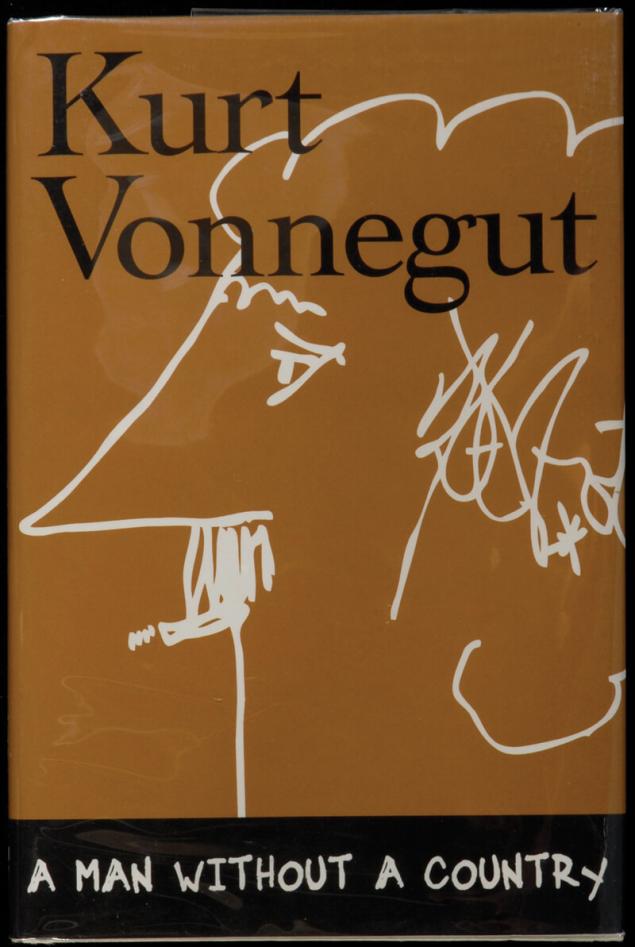
"A man without a country" ("A Man Without a Country") Kurt Vonnegut, 160 pages
Kurt Vonnegut learned how to speak with adults: "Exploring this question, I came to the conclusion that with the help of jokes you can get into any adult conversation." Occasion to Polish this skill was presented to him more than once, and "Man without a country" sort of a final essay on this topic. Vonnegut survived the bombing of Dresden, wedged in the series of our adult thoughts with a joke about the fact that happiness is very simple thing, and that it lies in the simple sensations. And that all attempts to treat itself seriously only in the way to think about it.

"Lord of the flies" ("Lord of the Flies") William Golding, 192 pages
"Lord of the flies" is usually given to read barely came at a delicate time in adolescence, and the plot of the book, which is all about human nature, remains in the memory rather teenage horror story about how inexperienced the boys unsuccessfully tried to survive on a desert island. Meanwhile, if you think about it, we have one of the worst books of the twentieth century, continues to provoke adults into the debate about who (or what) is the man — and giving it your creepy answer.
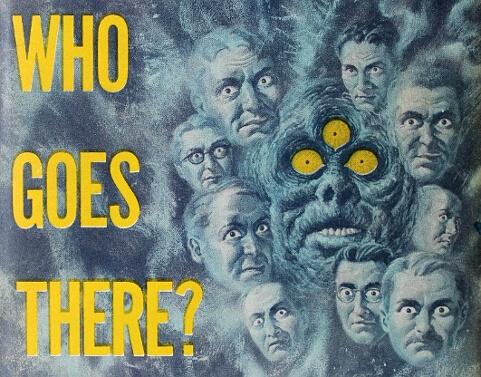
"Who goes there" ("Who Goes There?") John wood Campbell, Jr., 168 pages
Science fiction written in 1938 is itself an interesting phenomenon. Not to mention the fact that the tale about the unknown evil at the Antarctic base has already become a classic of the genre, it's nice to separately take in thinking about what was in the air 38-year that forced Campbell to come up with its alien pilot, absorbing the personality and memories of all who come across his path.
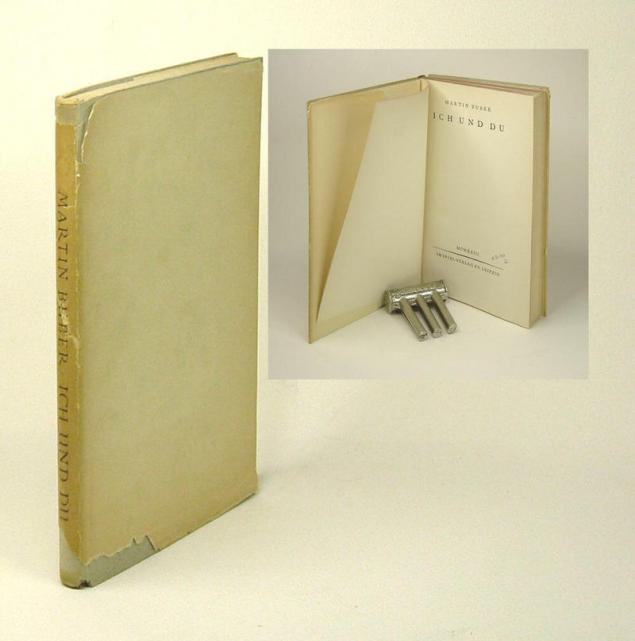
"Me and You" ("Ich und Du") Martin Buber, 164 pages
One of the most subtle theologians of the twentieth century, Buber was a mystic to the core, has always been consistent in expressing and revealing their ideas. "Me and You" at least stylistically (Buber definitely imitates the poetics Nietzsche's "Zarathustra") is behind "Images of good and evil" and "Two images of faith", but it gives a clear idea of the Central idea baberowski philosophy — understanding of the event itself, and the other.
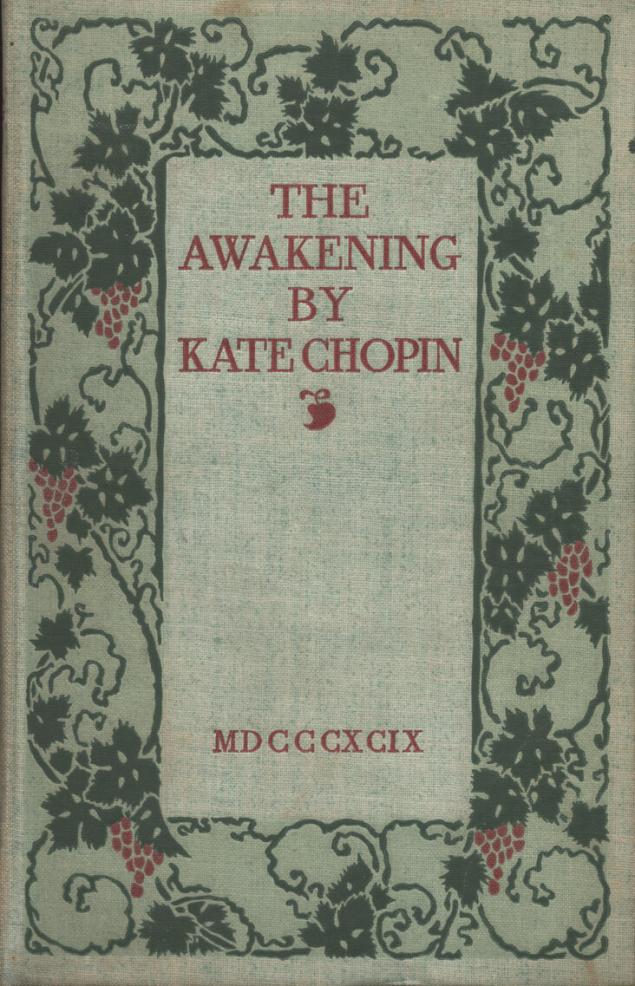
"Awakening" ("The Awakening") Kate Chopin, 128 pages
128 pages of "Awakening", written by Kate Chopin in 1899, put an end to her position in society — the same society where till not accepted to debate about women as independent, thinking beings. The XX century with its feminism Chopin paid in full (it is now revered as one of the founders of the movement), but a hundred years ago, the mother of six children, having decided to talk about what kept her quiet, was drawn into the scandal, accused of immorality — and died five years later, writing after the "Awakening" just a few stories.
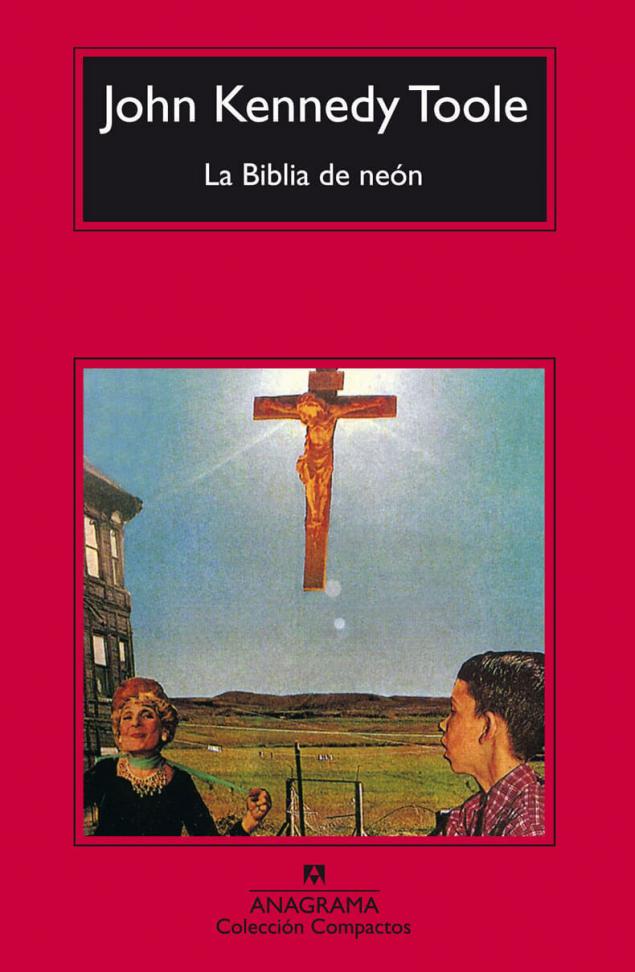
"Neon Bible" ("The Neon Bible") John Kennedy Toole, 162 pages
John Toole will probably remain in the history of literature as the author of one novel "a Confederacy of dunces", for which he posthumously awarded a Pulitzer prize. However, Tula was another novel, written at the age of 16, "Neon Bible"; Toole thought the book immature and therefore not worthy to read it. Still, she reached the public: a novel about a boy from a conservative American heartland and its "immoral" aunt with the stage past not only published in the late 1980s, but filmed a few years later.
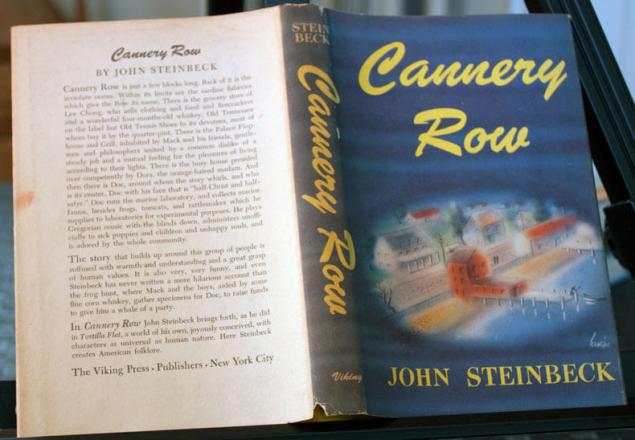
"Cannery Row" ("Cannery Row") John Steinbeck, 192 pages
A novel describing the lives of the inhabitants of one of the industrial areas of Monterey during the great depression, was written at the end of another great upheaval, in 1945. It seems that this determined his dark aesthetic (however, in General, characteristic of Steinbeck), which like dusty Drapes heavy fabric everything that happens in the novel — all good-natured stupidity of the inhabitants of Cannery Row, sometimes absurd and some sort of longing seems to be normal for factory settlements.
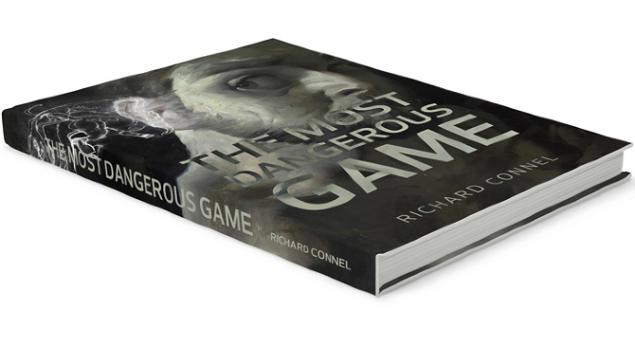
"The most dangerous game" ("The Most Dangerous Game") Richard Connell, 56 pages
About maniacs, psychopaths and active misanthropes will write a lot more, but it is this small (only 56 pages) the story, which appeared in 1924 in the magazine Collier's, became a kind of ancestor of the genre of "hunting for people". The action takes place on a wild island in the Caribbean sea, where comfortably settled Cossack aristocrat by the name of Zaroff, tired of the traditional types of hunting and therefore switched to two-legged game. The American reading public of the upper classes must have been delighted: hunting was then something of a Golf — entertainment, worthy of a wealthy young man, and the Cossacks, and are still considered to be an amazing exotic.
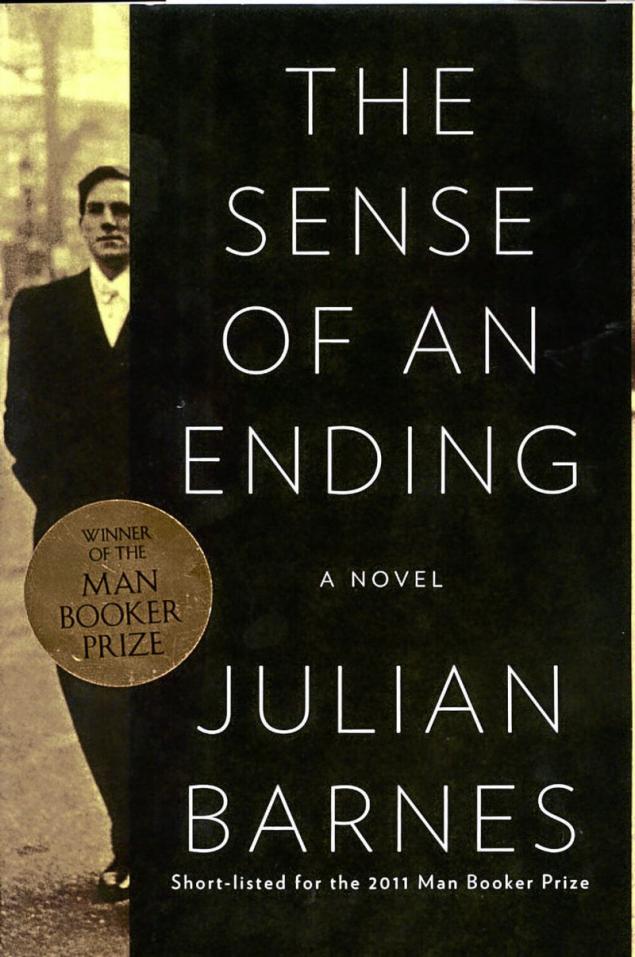
"The anticipation of the end" ("The Sense of an Ending") , Julian Barnes, 163 pages
The eleventh novel Barnes received the 2011 Pulitzer prize, is the quintessence of what we mean today by the British prose. A perfectly calibrated plot, which retrospectively intertwine four different lives, the brisk language of Barnes, read avidly, in one sitting — in short, these are the 163 pages that you should read to amuse themselves with the illusion of belonging to the so-called modern literary process.
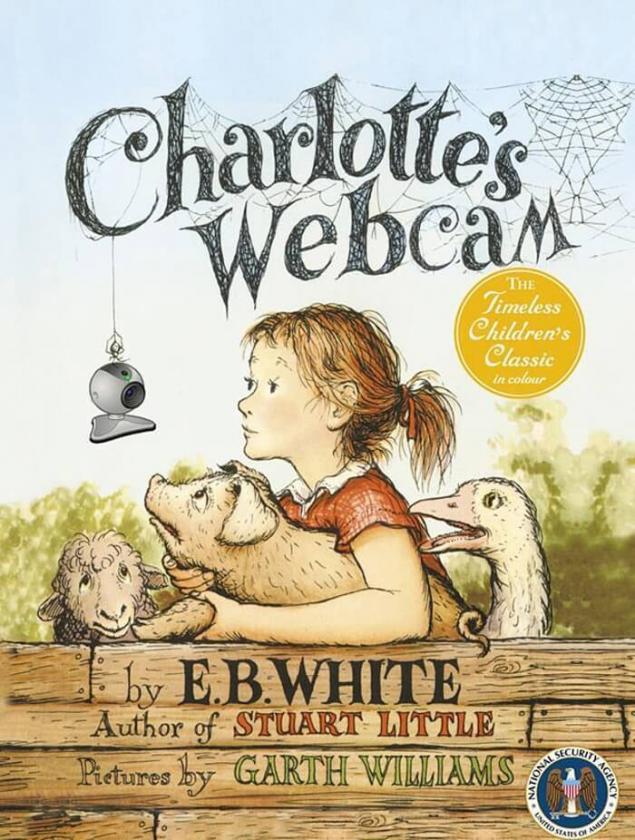
"Charlotte's web" ("Charlotte's Web") Elwyn Brooks white, 184 pages
The book is about a pig Wilbur, who was not lucky with the dimensions, able to transform into a vegetarian any adult who dares to read it at night: twitches whenever life cute pig is again under threat. It seems that many of the Americans who refuse meat for ethical reasons, a child happened to read this story. In Russian language from the closest analogues, apparently, only "Black chicken", but it's about much more delicate matter. published
Author: Alexandra Dobryanskaya
P. S. And remember, only by changing their consumption — together we change the world! © Join us at Facebook , Vkontakte, Odnoklassniki
Source: theoryandpractice.ru/posts/9502-10-korotkih-knig

"A man without a country" ("A Man Without a Country") Kurt Vonnegut, 160 pages
Kurt Vonnegut learned how to speak with adults: "Exploring this question, I came to the conclusion that with the help of jokes you can get into any adult conversation." Occasion to Polish this skill was presented to him more than once, and "Man without a country" sort of a final essay on this topic. Vonnegut survived the bombing of Dresden, wedged in the series of our adult thoughts with a joke about the fact that happiness is very simple thing, and that it lies in the simple sensations. And that all attempts to treat itself seriously only in the way to think about it.

"Lord of the flies" ("Lord of the Flies") William Golding, 192 pages
"Lord of the flies" is usually given to read barely came at a delicate time in adolescence, and the plot of the book, which is all about human nature, remains in the memory rather teenage horror story about how inexperienced the boys unsuccessfully tried to survive on a desert island. Meanwhile, if you think about it, we have one of the worst books of the twentieth century, continues to provoke adults into the debate about who (or what) is the man — and giving it your creepy answer.

"Who goes there" ("Who Goes There?") John wood Campbell, Jr., 168 pages
Science fiction written in 1938 is itself an interesting phenomenon. Not to mention the fact that the tale about the unknown evil at the Antarctic base has already become a classic of the genre, it's nice to separately take in thinking about what was in the air 38-year that forced Campbell to come up with its alien pilot, absorbing the personality and memories of all who come across his path.

"Me and You" ("Ich und Du") Martin Buber, 164 pages
One of the most subtle theologians of the twentieth century, Buber was a mystic to the core, has always been consistent in expressing and revealing their ideas. "Me and You" at least stylistically (Buber definitely imitates the poetics Nietzsche's "Zarathustra") is behind "Images of good and evil" and "Two images of faith", but it gives a clear idea of the Central idea baberowski philosophy — understanding of the event itself, and the other.

"Awakening" ("The Awakening") Kate Chopin, 128 pages
128 pages of "Awakening", written by Kate Chopin in 1899, put an end to her position in society — the same society where till not accepted to debate about women as independent, thinking beings. The XX century with its feminism Chopin paid in full (it is now revered as one of the founders of the movement), but a hundred years ago, the mother of six children, having decided to talk about what kept her quiet, was drawn into the scandal, accused of immorality — and died five years later, writing after the "Awakening" just a few stories.

"Neon Bible" ("The Neon Bible") John Kennedy Toole, 162 pages
John Toole will probably remain in the history of literature as the author of one novel "a Confederacy of dunces", for which he posthumously awarded a Pulitzer prize. However, Tula was another novel, written at the age of 16, "Neon Bible"; Toole thought the book immature and therefore not worthy to read it. Still, she reached the public: a novel about a boy from a conservative American heartland and its "immoral" aunt with the stage past not only published in the late 1980s, but filmed a few years later.

"Cannery Row" ("Cannery Row") John Steinbeck, 192 pages
A novel describing the lives of the inhabitants of one of the industrial areas of Monterey during the great depression, was written at the end of another great upheaval, in 1945. It seems that this determined his dark aesthetic (however, in General, characteristic of Steinbeck), which like dusty Drapes heavy fabric everything that happens in the novel — all good-natured stupidity of the inhabitants of Cannery Row, sometimes absurd and some sort of longing seems to be normal for factory settlements.

"The most dangerous game" ("The Most Dangerous Game") Richard Connell, 56 pages
About maniacs, psychopaths and active misanthropes will write a lot more, but it is this small (only 56 pages) the story, which appeared in 1924 in the magazine Collier's, became a kind of ancestor of the genre of "hunting for people". The action takes place on a wild island in the Caribbean sea, where comfortably settled Cossack aristocrat by the name of Zaroff, tired of the traditional types of hunting and therefore switched to two-legged game. The American reading public of the upper classes must have been delighted: hunting was then something of a Golf — entertainment, worthy of a wealthy young man, and the Cossacks, and are still considered to be an amazing exotic.

"The anticipation of the end" ("The Sense of an Ending") , Julian Barnes, 163 pages
The eleventh novel Barnes received the 2011 Pulitzer prize, is the quintessence of what we mean today by the British prose. A perfectly calibrated plot, which retrospectively intertwine four different lives, the brisk language of Barnes, read avidly, in one sitting — in short, these are the 163 pages that you should read to amuse themselves with the illusion of belonging to the so-called modern literary process.

"Charlotte's web" ("Charlotte's Web") Elwyn Brooks white, 184 pages
The book is about a pig Wilbur, who was not lucky with the dimensions, able to transform into a vegetarian any adult who dares to read it at night: twitches whenever life cute pig is again under threat. It seems that many of the Americans who refuse meat for ethical reasons, a child happened to read this story. In Russian language from the closest analogues, apparently, only "Black chicken", but it's about much more delicate matter. published
Author: Alexandra Dobryanskaya
P. S. And remember, only by changing their consumption — together we change the world! © Join us at Facebook , Vkontakte, Odnoklassniki
Source: theoryandpractice.ru/posts/9502-10-korotkih-knig
























